First, let’s separate some folks into the good, the bad, and the ugly.
Many of the peaceful protesters rallying in memory of George Floyd are wearing the white hats. With their signs, their chants, and their prayers, they honor the man and seek reform.
The bad have used this tragedy as an occasion for smashing windows and looting stores, hauling away everything from flat screen televisions to Nike shoes, from liquor to clothing. They dishonor the memory of the deceased Floyd.
The ugly are setting fires, burning police cars, pelting officers with vulgarities, bricks, and water bottles, and beating innocent people in our streets. The ugliest of all are the radical anarchists seeking revolution and the demolition of our government and our Constitution.
The great majority of the bad and the ugly, especially their instigators and leaders, appear to be twenty-something males.
I, for one, would bet the bank that the bulk of these young men grew up in fatherless households.
That wager is no slap against single mothers. Many of them work long hours at a job while also trying to raise decent kids. These women deserve praise and empathy for the exhausting effort they put into this task.
I know the hardships of single parenthood. When my wife died, my youngest son was not quite nine years old. I was fortunate; a community of homeschool mothers whose children I was teaching in various seminars rallied round and helped support both of us. Once, however, a woman I barely knew told me in front of my son: “Well, I guess you’ll have to be mom and dad to him now.” When we were driving home, I told my son, “That woman is wrong. I can be your dad – I am your dad – but I can never be your mom. Always remember her and honor her. I’ll do my best to be there for you, but I can’t replace your mother.”
For far too long, we’ve heard from a variety of quarters – some Hollywood celebrities, politicians, university professors, and feminists – that fathers are unnecessary. Even our government acts as a sort of surrogate father with its various welfare programs for single moms. This diminution of fatherhood falls under the wider attacks on manhood launched in the last three decades by universities, corporations, and our culture.
When we refuse to recognize that men and woman bring different skill sets and perspectives to parenting, when we diminish the role of fathers in their children’s development, we act against common sense and the wisdom of countless generations.
Good fathers – and I know many of them, some long dead, some newly-minted dads – serve as models of emulation for their children.
In such a father, a daughter finds not only a cheerleader and a counselor, but a prototype of the man she hopes to marry one day, a man who loves and respects his wife, who works hard, who places his family above his own pleasures, and who lives by such virtues as fortitude, charity, and prudence. Her father is her cheerleader, counselor, and protector. To this girl, love and father are synonyms.
To a son, such a father serves the same purpose, but in a deeper and more dramatic way. Men raised by good fathers have a living model on which to base their behavior, an exemplar of values. They see a man who gives his all for his wife and children, who knocks himself out at work, and who does his best to live a righteous life. They see what it means to be a man.
In my church and in my town I see dads like these all the time. If you ask them, “What do you do?” they would respond “I’m a contractor,” or “I build websites,” and “I sell real estate.”
But what these men really do is love and care for their wives and children. For these efforts they win little or no acclaim from the public at large, but when I look at these dads, I see creators, makers of adults who will in turn contribute to their communities and our countries, who will follow in their fathers’ footsteps and become good parents as well.
Father’s Day is fast approaching. This is the day set aside to honor such men, the day when we have the opportunity to tell our fathers we love them. We can serve them with a special meal, call them on the phone, and give them gifts, but most importantly we can tell our dads what they mean to us. If they are deceased, we can remember them in our hearts. If a rift exists between our fathers and ourselves, we have the opportunity to repair it. If we grew up fatherless and have children of our own, we can vow to care for them and be the best dad we can be.
We need you, dads.
We need you now more than ever.
—
[Image Credit: Pixnio (cropped)]
Image Credit: [Image Credit: Pixnio]


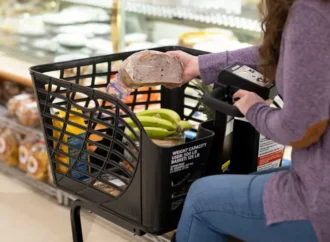
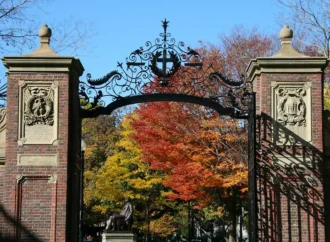
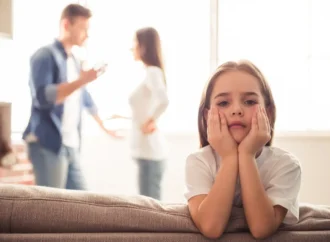
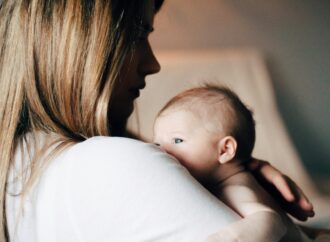
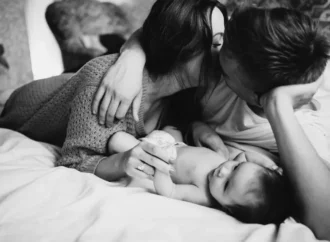
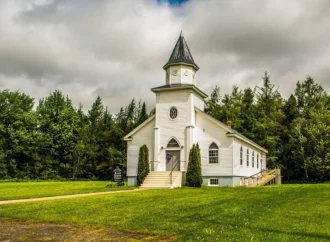
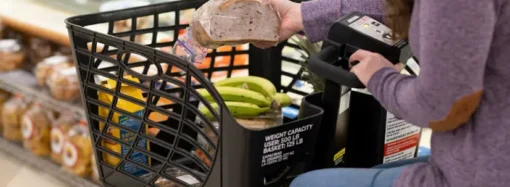







Leave a Comment
Your email address will not be published. Required fields are marked with *